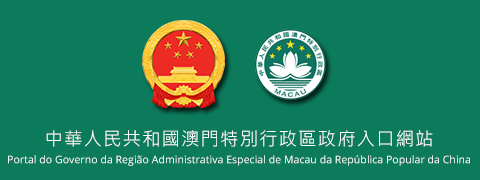The Guangdong, Macao and Hong Kong health authorities agreed to further strengthen mutual communication and cooperation in combating infectious diseases, including stepping up alertness in the prevention and control of dengue fever, AIDS, tuberculosis and plague. The consensus was reached at the seventh tripartite meeting of Guangdong, Macao and Hong Kong on the Prevention and Control of Infectious Diseases held in Hong Kong on July 26 and 27. Leading their delegations in the meeting were the Director of Health of Hong Kong, Dr Lam Ping-yan, Associated Director of the Department of Health of Guangdong Province, Mr Huang Fei and Director of the Health Bureau of Macao, Dr Koi Kuok-leng. During the two-day meeting, they examined the situation and trend of major infectious diseases, including dengue fever, AIDS, tuberculosis, Legionnaires’ Disease and seasonal influenza in the three places and exchanged experience in the preparedness for emerging diseases and new measures under the International Health Regulations. The three sides held in-depth discussion on the preventive measures and emergency preparedness against any outbreak of plague and agreed that when a human case of infection is suspected in one place, prompt notification would be given to alert the health authorities of the other two parties. They also agreed to consider setting up an expert group for sharing medical expertise and experience on the control of plague. They reviewed their work since the last tripartite meeting (the 6th) held in June 2006, which included the progress in information exchange, the notification mechanism and cooperation in scientific research as well as exchange programmes of medical professionals and the first joint exercise on emergency preparedness. Members were very satisfied that the joint exercise, , code-named “Great Wall”, conducted in November last year had effectively tested the emergency preparedness plans of the three places, their co-ordination in the prevention and control of avian influenza. After thorough discussion, the meeting reached the following consensus: (1) The notification mechanism has been working smoothly, resulting in effective exchange of information on infectious diseases. The membership lists of the corresponding parties of the three places in the communication and notification mechanism as well as the list of experts from the three places on prevention and treatment of human avian influenza were updated during the meeting.
(2) The agreement in prevention and control of infectious diseases reached in 2006 has produced positive results, and the joint exercise “Great Wall”, was fruitfully conducted. Further cooperation in contingency exercise will be strengthened. (3) Cooperation in scientific researches on AIDS, influenza and dengue fever has made good progress. Publishing findings of the researches in medical journals was supported.
(4) Training activities on disease surveillance and outbreak investigations, field epidemiology, laboratory testing, infection control management, and media skills, were practical and useful, and should be continued and extended to cover other areas such as management to infectious diseases, mathematical modelling, geographical spatial analysis and vector control, etc. For the purpose of experience sharing, the Hong Kong delegation presented research studies conducted in hospitals of the Hospital Authority which included wound infections after operations, hand-washing and use of antibiotics. As part of the two-day programme, members also visited the Infectious Diseases Centre of Princess Margaret Hospital under the Hospital Authority to see for themselves facilities at the isolation wards, intensive care units and diagnostic radiology department, and held discussion with frontline staff on their work. It was agreed that the eighth tripartite meeting would be held in Macao.

